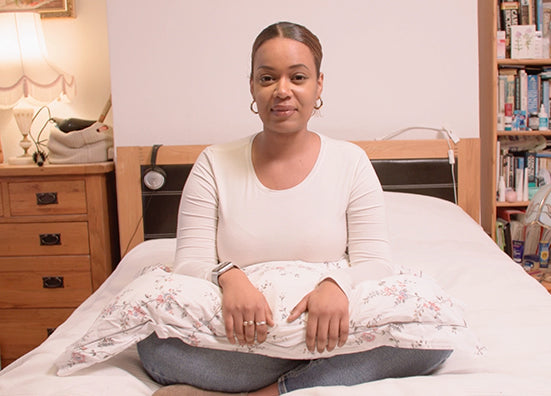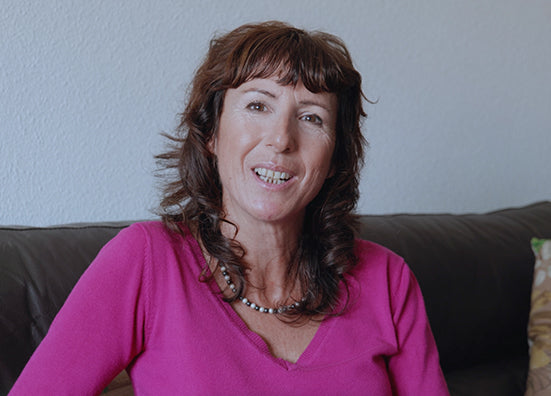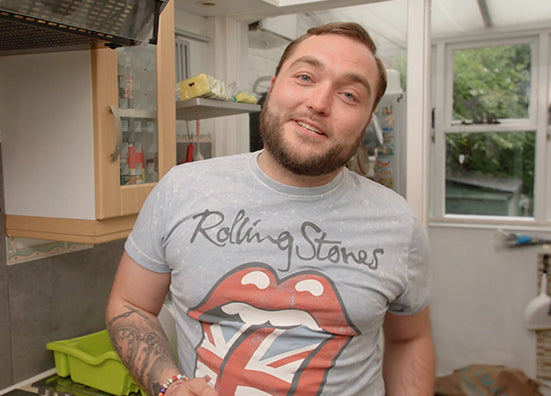When someone experiences a seizure due to a glitch in brain signals, it's called epilepsy. Seizures can vary in terms of frequency and intensity for each person. Sometimes there's a known cause for the issue, but other times it's a mystery. Doctors often prescribe anti-epileptic drugs, but they don't work well for about 35% of patients. That's why people start looking for alternative treatments. In the book "Complementary and Alternative Therapies for Epilepsy," three medical professors talk about different alternative approaches. They cover things like Ayurveda, acupuncture, neurofeedback therapy, and meditation. The book also brings up some interesting points that make a strong case for considering hypnosis as a serious option for managing epilepsy.
The authors of the book want to set the record straight on hypnosis. They say not to judge it based on what you see in shows and movies. In the hands of a qualified hypnotherapist, they see it as a safe form of therapy. The key is to use relaxation techniques rather than anything that might shock you. The hypnotherapist has to be careful not to trigger any situations that could cause a seizure. And it's important for the person undergoing hypnosis to have a healthy diet and avoid substances like drugs, certain medications, and alcohol, as they could actually trigger a seizure during the session. Lastly, the hypnotherapist should gently and slowly bring the person out of their trance.

There are four main types of epilepsy seizures, each characterised by distinct symptoms and patterns
1. Generalized Seizures: These seizures involve both sides of the brain from the beginning. There are several subtypes of generalised seizures, including:
- Absence Seizures: Also known as petit mal seizures, these usually occur in children and are characterised by a brief loss of awareness. During an absence seizure, a person may stare blankly, exhibit repetitive movements like lip-smacking or blinking, and temporarily stop all activity.
- Tonic-Clonic Seizures: Formerly known as grand mal seizures, these are the most well-known and dramatic type of seizure. They involve loss of consciousness, stiffening of the body (tonic phase), followed by rhythmic jerking movements (clonic phase). Tonic-clonic seizures are often accompanied by heavy breathing, drooling, tongue biting, and loss of bladder or bowel control.
2. Focal Seizures: Formerly referred to as partial seizures, these seizures start in one specific area of the brain. There are two types of focal seizures:
- Focal Onset Aware Seizures: During these seizures, a person remains conscious but experiences unusual sensations, emotions, or movements. They may have hallucinations, intense emotions, or repetitive movements such as hand rubbing, lip smacking, or chewing.
- Focal Onset Impaired Awareness Seizures: In these seizures, a person experiences a loss of consciousness or altered awareness. They may exhibit automatic movements like hand fumbling, lip smacking, or walking in circles. After the seizure, they may have no memory of the event.
3. Absence Seizures: These seizures are specific to childhood epilepsy and are characterised by brief lapses in consciousness. A child experiencing an absence seizure may appear to stare blankly into space, exhibit subtle movements like eye blinking or lip smacking, and show no response to external stimuli. These seizures usually last only a few seconds and may occur multiple times throughout the day.
4. Myoclonic Seizures: Myoclonic seizures involve sudden, brief, and involuntary muscle jerks or twitches. These jerks can affect specific muscle groups or the entire body. Myoclonic seizures can happen in isolation or as part of a more generalised seizure disorder.
It's important to remember that epilepsy seizures can vary in severity and frequency for each individual. If you or someone you know experiences seizures, it's crucial to seek medical evaluation and guidance for proper diagnosis and treatment.

Will hypnosis cause a seizure?
Fortunately there has been some research on hypnosis and seizures. In a recent study, hypnotists intentionally hypnotised children to see if it could trigger seizures. They asked the kids to imagine themselves in a pleasant place and recall what usually happens before a seizure. Surprisingly, no epileptic episodes occurred during the study. Many hypnotherapists have successfully treated epilepsy patients without causing seizures. Some sessions focused on different areas of life, while others aimed to reduce the frequency and intensity of seizures.
However, it's still possible for seizures to happen during hypnosis, but there are reasons behind it. Firstly, the person might have an underlying medical condition, mental health issues, or be under the influence of something. Most hypnotists nowadays avoid using techniques that could potentially trigger seizures, like eye fixation or flashing lights. Secondly, intense emotions accessed during hypnosis could increase seizure risk. However, relaxation techniques and managing emotions more gently can help minimise this possibility.
How can clinical hypnosis aid in the treatment of epilepsy?
On another note, clinical hypnosis can be beneficial in treating epilepsy. Epilepsy affects the brain's electrical signals and can significantly impact someone's daily life. People often believe that certain actions or stress can trigger seizures. Clinical hypnosis can teach patients how to better manage their behaviour and reduce seizures.
It's important to mention that due to the potential risks involved, hypnotherapy is not recommended for individuals already diagnosed with epilepsy. It could be unsafe and harmful to them. If someone with epilepsy is considering hypnotherapy, it's always best to consult with a medical professional first. Prioritising safety is crucial.
References:
Picture 1
https://hypnosementor.nl/en/the-use-of-hypnosis-with-epilepsy/
(Credit: BRO.vector/Shutterstock)
https://www.sharonstiles.co.uk/blog/hypnosis-and-epilepsy.asp
https://www.hypnosissanfrancisco.com/post/clinical-hypnosis-to-help-those-with-epilepsy
Picture 2












